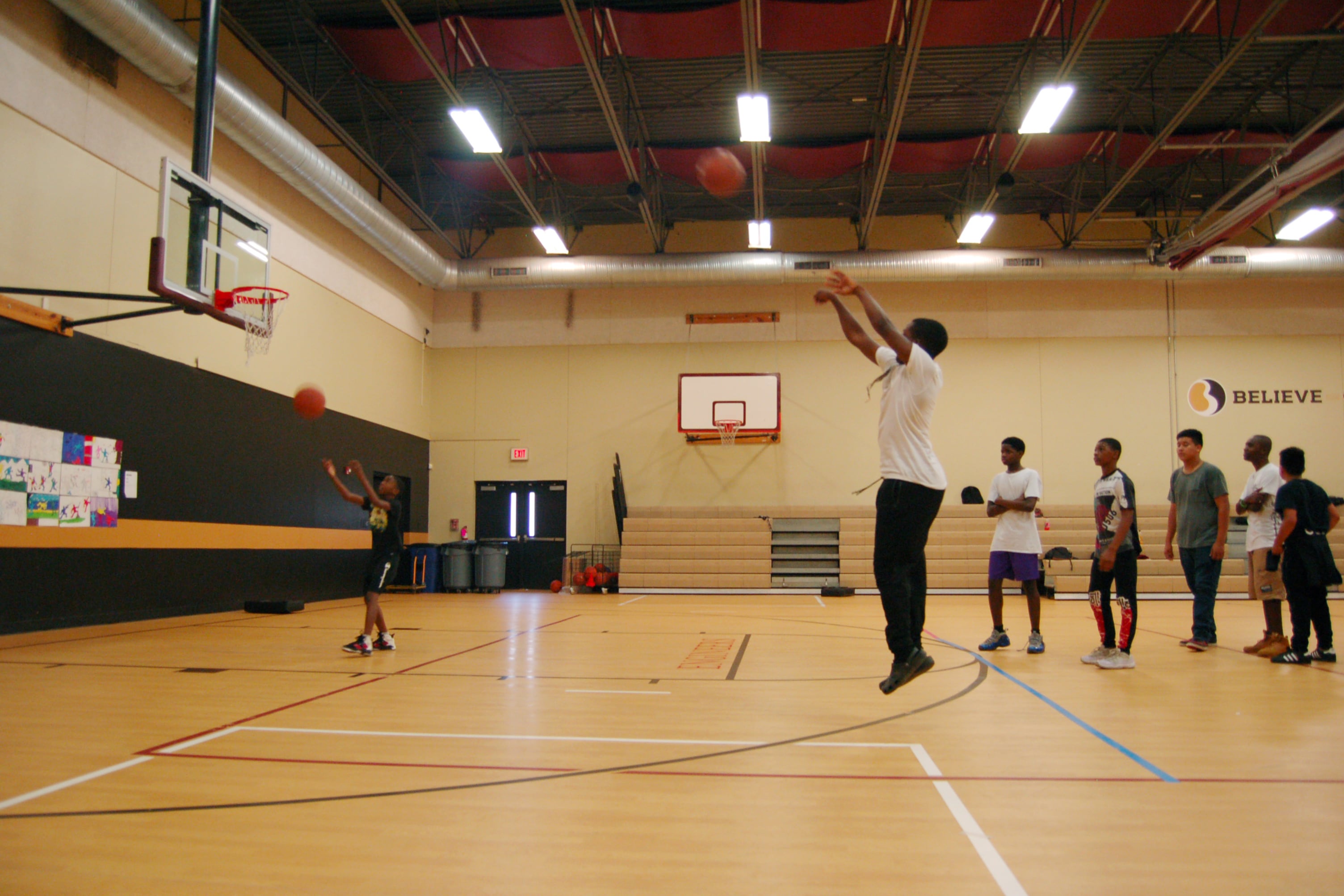Sign up for Chalkbeat Indiana’s free daily newsletter to keep up with Indianapolis Public Schools, Marion County’s township districts, and statewide education news.
Believe Circle City High School joined the Indianapolis Public Schools Innovation Network this week after the school board voted 7-0 Thursday to approve an agreement with the charter school.
As part of the Innovation Network, Believe Circle City will largely have control over its daily operations but receive certain services from the district. (Not all Innovation Network schools are charters, but many are.) IPS will provide food service, access to athletics facilities as the season allows, and $500 per in-boundary Believe Circle City student. IPS will be able to count Believe Circle City students for overall district enrollment and academic performance.
Brian Dickey, IPS executive director of portfolio strategy, said at Tuesday’s agenda review session that this agreement is a chance to “do something with partnership that each could not do individually.”
Believe Circle City is a college and career preparatory school on the northside of Indianapolis that enrolls about 200 students. The school leaders submitted their letter of interest in joining the Innovation Network in 2019. The high school belongs to the Believe Schools network, which also has a campus in St. Louis, according to its website.
The school is tuition free and “works with historically under-estimated youth in the Indianapolis community,” so that students can become independent and successful adults, the website says.
Believe Circle City performed 5 percentage points higher on the SAT math test than the IPS portfolio average in 2023-24, with 17% of students meeting the math benchmark for proficiency compared to 12% respectively. But its students did only marginally better in evidence-based reading and writing on average, according to data presented by Dickey on Tuesday.
The agreement will be up for renewal after five years. In that time, IPS and Believe Circle City will discuss best practices to support students and collaborate when possible, Dickey said.
Contact Chalkbeat Indiana at in.tips@chalkbeat.org.





